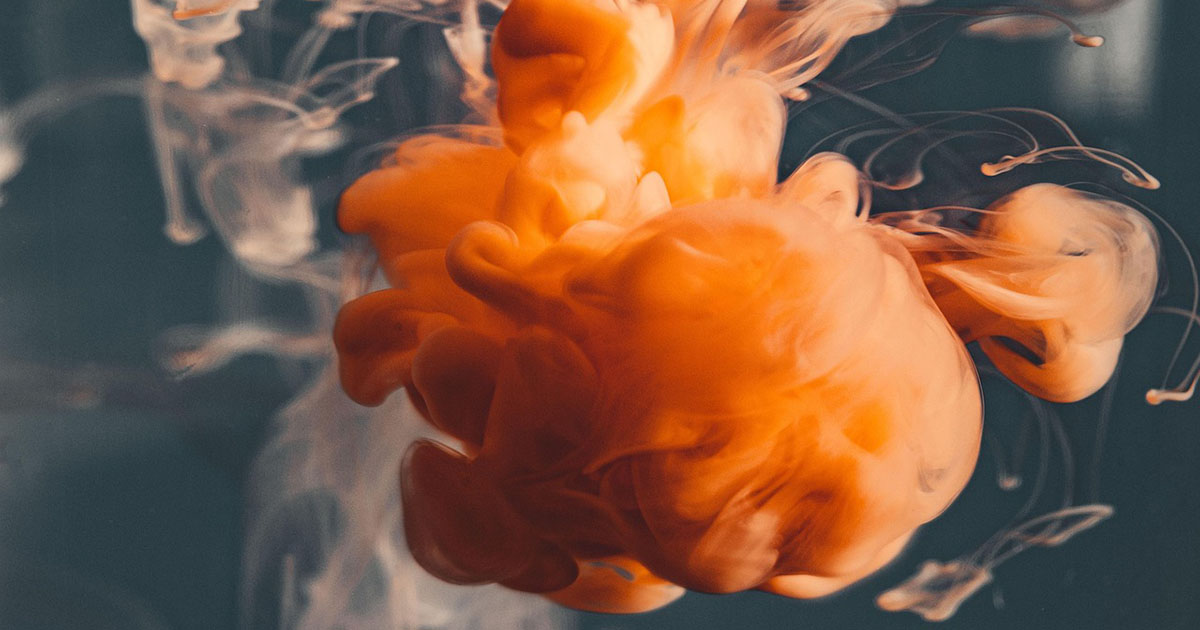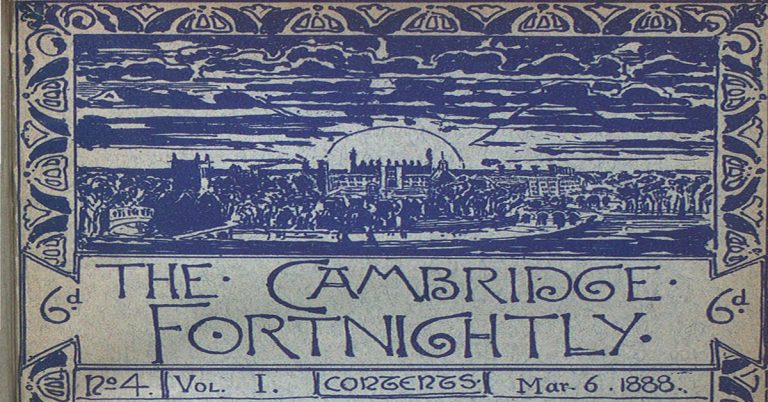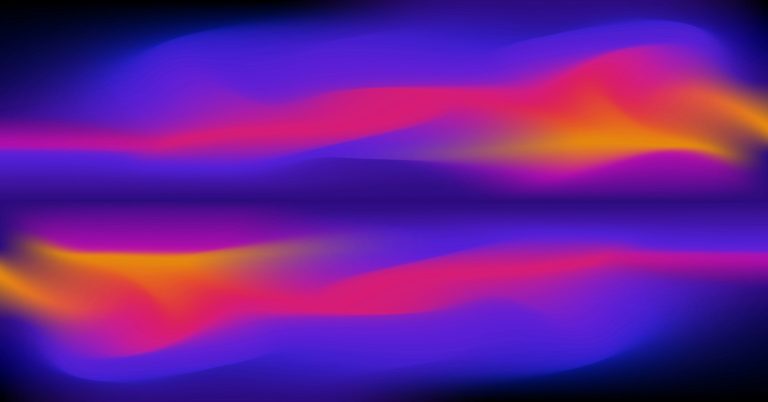
2025 marks the centenary of the birth of Gilles Deleuze. Throughout the year, we’ll be taking the opportunity to explore the impact of this towering figure in twentieth-century philosophy.
As part of this celebration, we’re publishing a series of blogs from leading Deleuze scholars. Read on to discover how Peter Pál Pelbart arrived with Deleuze via a kibbutz and Anti-Oedipus.
Find out more about our centenary celebrations.
By Peter Pál Pelbart
His voice was somewhat hoarse as he hunched over his notes, surrounded by listeners on all sides. There was no imposed, professorial tone, impeccable grand lecture or sumptuous auditorium, but the most ordinary classroom, the simplest chairs… and the thought that slowly, unpretentiously took flight. Imperceptibly, we entered an unknown landscape, the mind and body in an altered state. Another geography, another gravity, another temporality. Flows, not things. Lines of flight, not outcomes. Bursts, not conclusions. When the class ended, I needed to sit in a café to consult my notes and to try to reconstruct the entire journey in writing: the mental landscapes, the unusual connections, the vertigos. Of course, I didn’t have the range of experience to understand or evaluate what was passing through me. All I knew was that what I was learning in my undergraduate courses at the Sorbonne seemed to crumble in the free courses I attended at that time. Affection-image, crystal of time, diagrams, substance, plane of immanence—each concept expanded another mental space within me.
The vital breath of Deleuze and Guattari
What a contrast with the cotton fields I ploughed in the cold early mornings of the kibbutz in Israel, a year earlier. It was there, however, on the terrace of my dormitory, overlooking the Latrun Monastery between Tel Aviv and Jerusalem, that I first read Anti-Oedipus, borrowed from the Hebrew University’s library. I don’t remember understanding anything. In my memory, the reading of this book blends somewhat with that of reading Julio Cortázar’s Hopscotch, which I must have read around the same time. In any case, both brought words, ideas, situations and emotions that catapulted my imagination. They awakened in me a desire for something like wandering, chance, experimentation. Not that I was unhappy. I was proud to know a social experiment like the kibbutz, a communist laboratory, founded on agricultural work and collective spirit, which had abolished money and property. All of that was beautiful. But not enough. I felt hungry for more world. Or for more tumult. Was it a thirst for deterritorialization (a term I didn’t know at the time)? Perhaps in the direction of what Cortázar had called the kibbutz of desire. I didn’t know what that was… In any case, it seemed to go beyond the aspiration for social equality. It evoked a less disciplined, regulated, edifying, normative experimentation—more libertarian—at once poetic, philosophical, existential, libidinal. Where the world would not only be fairer, which was no small thing, but also more alive, more tense, more unsettling, more disruptive, more magical. The vital breath that ran through Cortázar and Deleuze-Guattari led me to Paris and to philosophy.
Now, Paris was a dream and a promise, but it was far from being a feast for me, as Hemingway had said. Cold, loneliness, precarity, various anxieties—everything was difficult in this life of a newly arrived foreigner. The only place where I could breathe was in the ‘country of thought.’
Deleuze as air, atmosphere, ambiance
When I ask myself today how I came to Deleuze, I rediscover that initial excitement, awakened in the kibbutz through Anti-Oedipus. But when they ask me why Deleuze, it’s as if they were asking me: so, what is time? I know, but I can’t say… because it’s the element in which I live. Over the last 40 years, I have been immersed in Deleuzian thought-matter to such an extent that it takes great effort for me to treat it as an object, or a theme, or the work of a figure—it is rather a medium, like the air one breathes, or an atmosphere that allows us another breath, or an ambiance that evokes in us other sensations and images—it’s an entire affective texture, a mental landscape, a wind… Perhaps it’s the greatest metaphor, however banal it may seem, for philosophy, for writing, for life: a current of air must pass—and God knows how many headbutts, deliriums, obstacles one must invent to avoid suffocating and let a gust of air pass. As Kierkegaard wrote, ‘The possible, the possible, otherwise I’ll suffocate!’
But Deleuze’s concepts are so precise, sharp, powerful—why not talk about them instead of using such vaporous terms as atmosphere, ambiance, current of air, landscape? Perhaps because, as he himself formulated it – concepts only exist thanks to a plane that, so to speak, precedes them, or in which they breathe… a plane of immanence… But a Deleuzian plane of immanence? Isn’t that contradictory? Yes, it is. And yet, it would be my answer… I’ve always been attentive to what Deleuze himself said in class – it’s not about discussing, persuading or disagreeing… if this philosophy doesn’t suit you, seek another… Today, perhaps I can simply say that to breathe and free myself, among so many things, from the Judeo-Christian crust, I needed this philosophy, this plane, this atmosphere, this kind of vital and affective connection with words, with things, with ideas, with the possible. More: perhaps at the beginning I only sensed what later I was able to feel. Yes, feel. Wait, but wouldn’t that be thinking? In his course on Spinoza, this phrase returns: I would like to make you feel… For example, he speaks of modes in Spinoza. It is not enough to explain the relationship between substance, attributes and modes… He invites us to feel what it is to live oneself as a mode (of substance). We are modes… To live not as an ‘I’ or a person or even a subject, but as a mode, that is, a way of being: ‘I am a way of being, I am nothing more than that.’ And to welcome everything around me as modes of being, ways of existing, is that so strange? Deleuze even says: ‘What a world!’
What a world!
This exclamation says it all: what a world!! Wait, but isn’t it our world? Yes and no. It’s our world, of course, but with its lines of flight. It’s not another representation of the world, for it’s not the philosopher’s task to represent the world. The most accurate definition might be that of Jean-Luc Nancy: Deleuze’s philosophy neither judges nor transforms the world, it enacts it differently, it folds it in its own way… To fold the world differently. Isn’t such immanence what allows us to feel differently, and thus to think differently, to perceive differently, to dream differently, to live differently? Doesn’t this mean extracting from this world—or creating within it—other possibilities of life?
About the author
Peter Pál Pelbart is a Professor of Philosophy at the Pontifical University of São Paulo in Brazil. He is the founder of the publishing house n-1 and a member of the theater company Ueinzz, a schizocenic project internationally renowned in circles influenced by the work of Gilles Deleuze and Félix Guattari. Among other works, he is the author of Cartography of Exhaustion: Nihilism Inside Out (Univocal).
He has also contributed articles to Deleuze and Guattari Studies:
- Ecology of the Virtual (Issue 17.3, 2023)
- Images of Time in Deleuze; Naked Life, Dumb Life, A Life; How to Live Alone (Issue 8.1, 2014)
Find out more about our Deleuze centenary celebrations






